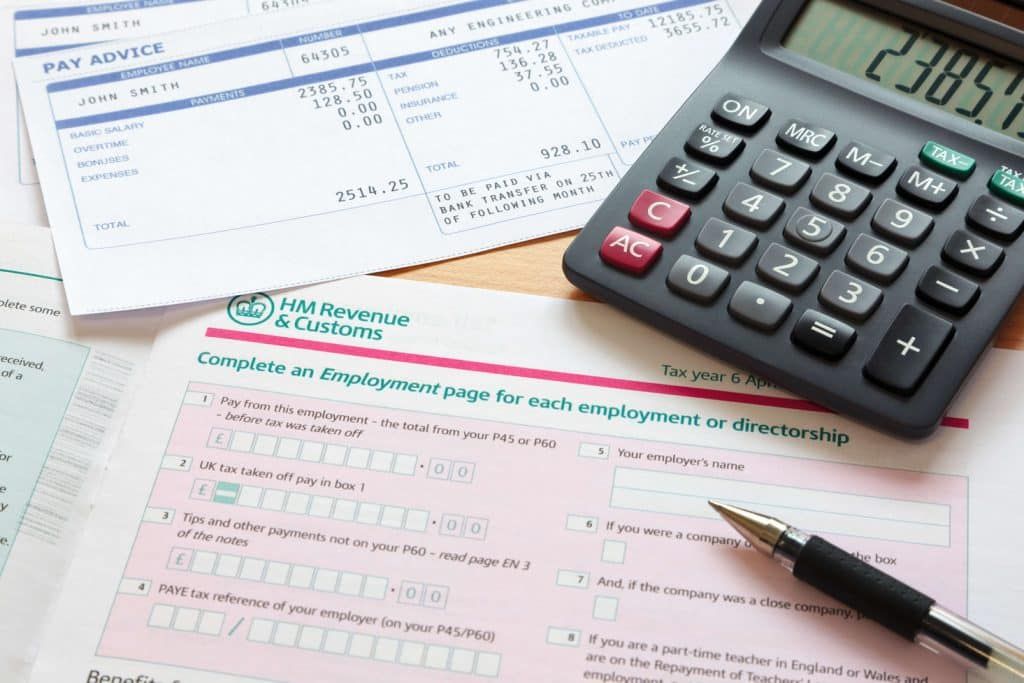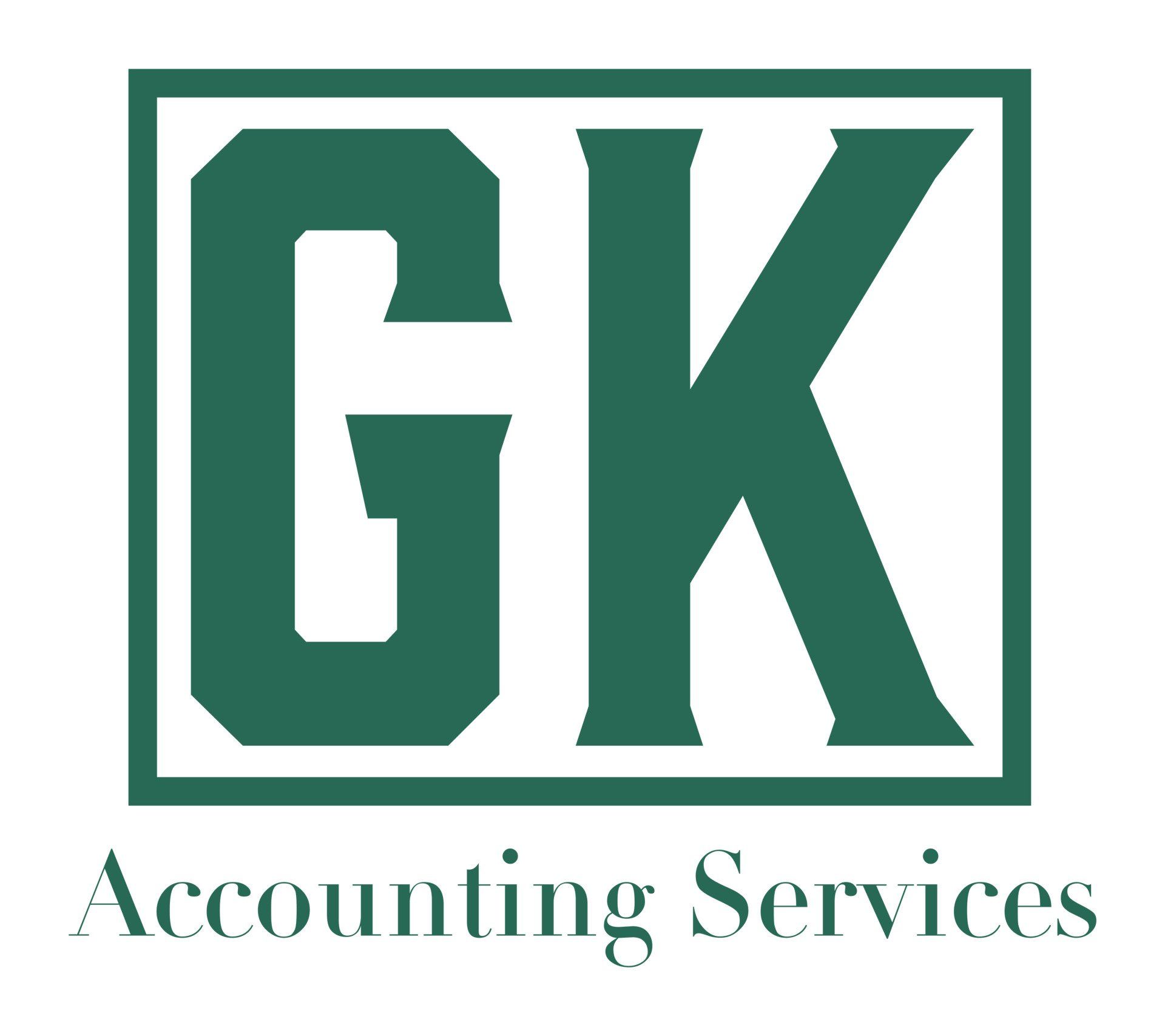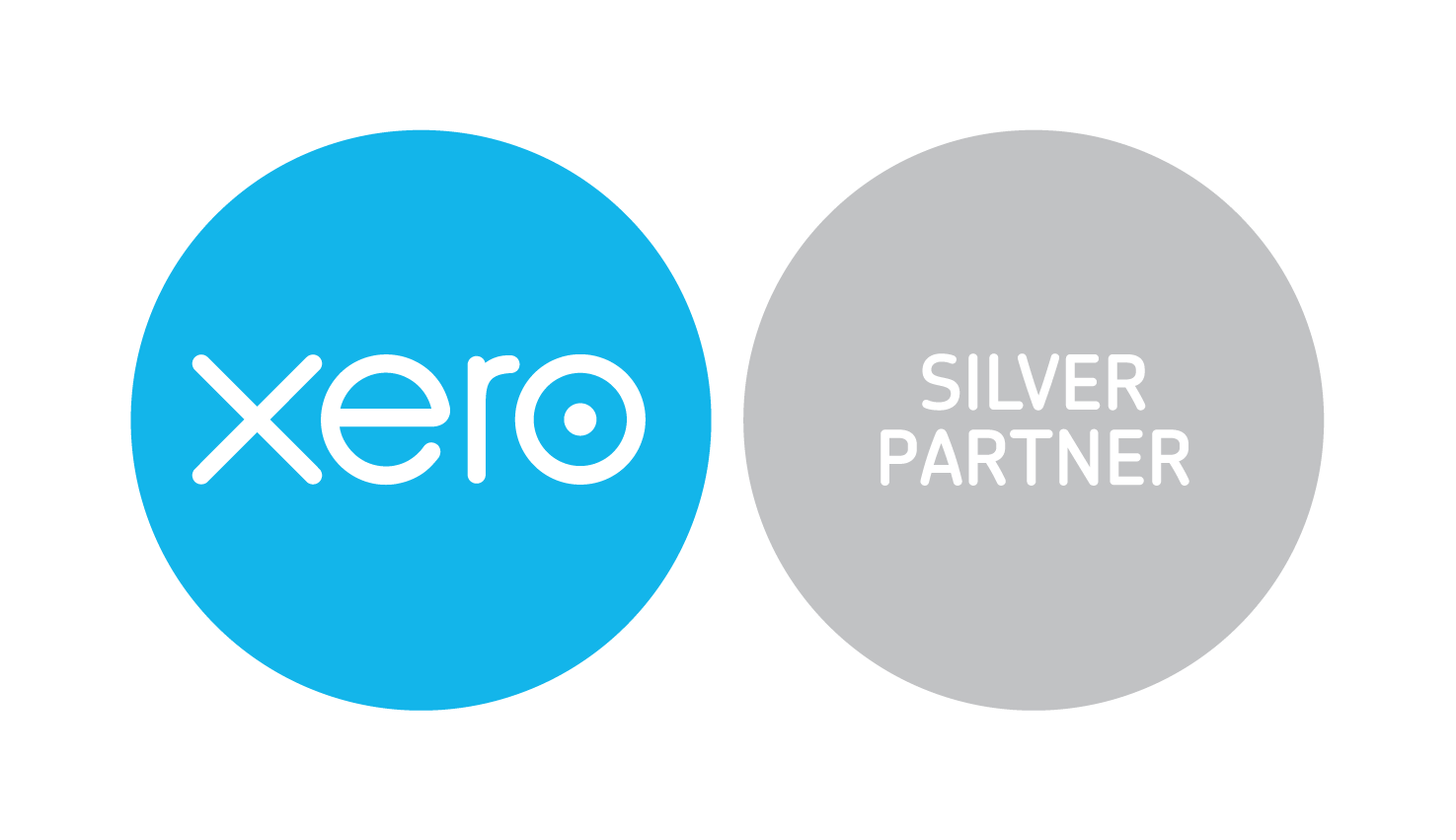TOGC: A Strategic Tax Planning Tool for Business Owners
Taxation is a significant consideration for businesses, and finding legitimate ways to save money is always a priority. One often overlooked opportunity lies in the world of Transfer of a Business as a Going Concern (TOGC). In this article, we delve into the untapped potential of TOGC, revealing how it can unlock substantial tax savings for savvy business owners. Discover the secrets behind this powerful strategy and seize the opportunity to maximise your financial advantage.
What is a TOGC?
A TOGC, or Transfer of a Business as a Going Concern, refers to the sale of a business, including its underlying assets, which falls outside the scope of Value Added Tax (VAT). Typically, the sale of VAT-registered or registerable business assets would be subject to VAT. However, by utilising TOGC provisions, businesses can avoid this VAT burden and enjoy significant tax benefits.
The Key Conditions for TOGC Success:
To qualify for TOGC treatment, certain conditions must be met:
- Operating as a "Going Concern":
The sold assets must be part of a business actively operating as a going concern. This means it must be more than a mere collection of assets but a functional and operational business.
- Continuation of the Same Kind of Business:
The purchaser must intend to use the acquired assets to carry on the same type of business as the seller. While it doesn't have to be identical, the buyer should possess a viable business rather than just a set of assets.
- Taxable Person Status:
If the seller is a taxable person, the purchaser must also be a taxable person or become one due to the transfer. This ensures that the tax obligations and benefits associated with the business are properly transferred.
- Separability of Partial Business:
If only a part of a business is sold, that part must be capable of separate operation. This requirement allows for selling distinct business segments without jeopardising the TOGC treatment.
- No Series of Immediate Transfers:
TOGC treatment is invalidated if a series of immediately consecutive transfers take place. To qualify, the sale should be a one-time event, ensuring the continuity of the business under new ownership.
The Benefits of TOGC
Properly utilising TOGC provisions can yield substantial tax savings and operational advantages for businesses:
- VAT Exemption:
The most significant benefit of TOGC is the exemption from VAT on the sale. By avoiding the VAT burden, businesses can save considerable money that would have otherwise been paid to tax authorities.
- Efficient Business Transfers:
TOGC allows for a seamless business transfer from one owner to another, ensuring continuity and minimising disruptions. It provides a more efficient and cost-effective means of transitioning ownership, benefiting both the seller and purchaser.
- Maximising Financial Advantage:
By unlocking the tax savings provided by TOGC, businesses can redirect those funds toward growth, investments, or other strategic initiatives. This can increase competitiveness, improve financial stability, and enhance profitability.
In the realm of taxation, knowledge is power. Understanding the benefits and conditions of a Transfer of a Business as a Going Concern (TOGC) opens the door to substantial tax savings and operational efficiencies. By leveraging the power of TOGC, business owners can minimise their tax liabilities, ensure a smooth ownership transition, and gain a competitive edge in their industry. Don't let this hidden opportunity slip away—seize the untapped potential of TOGC and unlock the secrets to maximising your financial advantage.
If you would like more advice and assistance, please contact us at info@gkaccountingservices.com or call us on 01269 518 815, where we will be more than happy to answer any of your questions.



Want More Information?
Address: 168b Saron Road, Saron, Ammanford, Carmarthenshire, SA18 3LN
Phone: 01269 518 815
Email: info@gkaccountingservices.com
Privacy Policy


